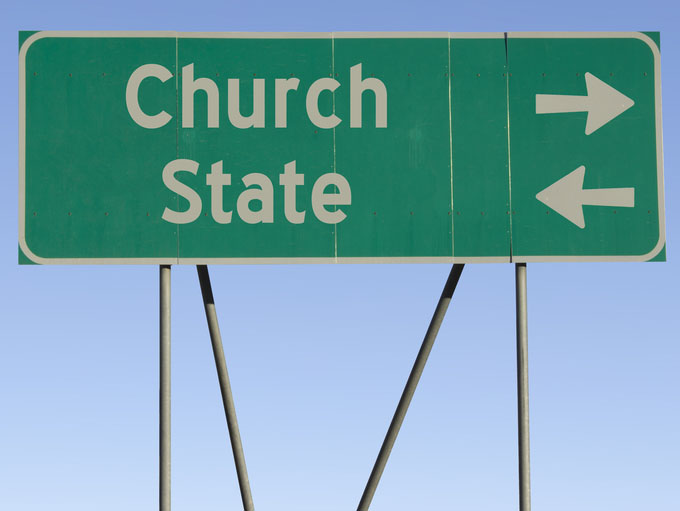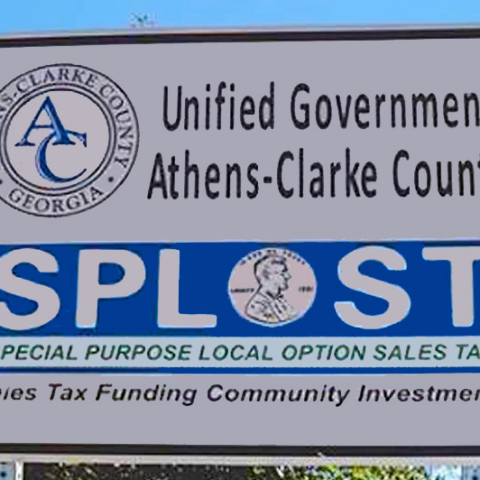
By: Darrian Stacy
Since its founding, the United States has upheld a tradition of tax exemption for religious institutions. Existing unofficially in the United States for generations, the privilege became law with the 1894 tax code legislation. Since then, the Supreme Court has repeatedly reaffirmed the right of religious groups not to be taxed, most notably with its the decision in Walz v. Tax Commission of the City of New York. The High Court ruled that it makes far more sense for the government not to tax churches than to entangle itself unnecessarily by requiring a tax. It also aligns with the general sentiment of an earlier court ruling (a separate case) in which the Court declared “the power to tax involves the power to destroy.” Hate it or love it, the history supporting untaxed religion has converted the privilege into an irrevocable entitlement that will forever remain a facet of American society, and for good reason too; part of freedom of religion is also freedom from possible government tyranny of religion.
In theory, the laws and Supreme Court decisions involving this issue serve as the “wall of separation” envisioned by Thomas Jefferson in order to prevent either entity from interfering with the other. Since the Johnson Amendment to the tax code in 1954, the general nature of the relationship has been simple to explain: religious organizations do not engage in political activities, and the government, in turn, permits them to collectively keep an estimated $71 billion annually in tax exemptions.
In modern times, however, the “wall of separation” acts more like two detached gateposts without an actual gate. In short, neither the government nor all religious organizations follow through on making sure the agreement is upheld. Take, for example, a recent ad campaign encouraging the public to support immigration reform legislation by the National Immigration Table, a nationwide coalition of church congregations. According to the IRS Tax Guide, religious organizations will lose their tax-exempt status if “a substantial part of its activities is attempting to influence legislation (commonly known as lobbying).” The key word here is “substantial,” a metric determined by the IRS. In this particular case, according to the IRS’ inaction, a massive deployment of multiple churches’ resources to influence legislation is not substantial enough to result in reprimand.
Given the vague and unclear definition of what exactly “substantial” means, perhaps there is good reason for the IRS to turn a blind eye in this instance. Unfortunately though, this is not the first or even most egregious case of inaction by the agency. Under the Tax Guide, religious organizations “are absolutely prohibited from directly or indirectly participating in, or intervening in, any political campaign on behalf of (or in opposition to) any candidate for elective public office.” In 2011 however, the IRS received several complaints after Tom Brown ministries orchestrated an unsuccessful recall campaign in order to oust El Paso Mayor John Cook and other members of the city council after they voted to “restore health benefits to gay and unmarried partners of city employees.”
Then there’s the so-called “Pulpit Freedom Sunday,” an annual event at which pastors nationwide openly defy federal law by explicitly urging their congregants to vote based on issues like same-sex marriage, abortion, or in favor of certain candidates. In 2012, over 1,500 pastors participated in the event by politicking from their pulpits and mailing tapes of their sermons to the IRS in an attempt to get the agency to initiate audits on them. Ultimately, they hope to challenge any such audits in court and get the Johnson amendment declared unconstitutional.
There’s one problem, though: the IRS isn’t taking the bait and hasn’t for nearly five years since the first Pulpit Freedom Sunday. In recent years the IRS has simply refused to enforce the ban on political activity by tax-exempt religious groups, even if the violations are blatant. In fact, the only time in U.S. history that the IRS has revoked the tax exempt status of a religious organization was in 1992 after the Landmark Church (formerly the Church at Pierce Creek) in New York bought ads in USA Today opposing then-presidential nominee Bill Clinton. Even with the IRS seemingly brandishing its authority publicly back then, Pastor Dan Little admits that the church never actually lost its property tax break that year.
Many believe the IRS’ inaction stems from a fear of losing a court challenge. Those, like the pastors who participate in Pulpit Freedom Sunday, prepared to pick a fight with the IRS frame the issue as a violation of constitutional rights guaranteeing freedom of speech and religion. From this perspective, it is unsurprising the IRS would have reservations about enforcing a law that would pit the principle of separation of church and state against the first amendment before the courts. Accordingly, the IRS apparently considers having an unenforced law on the books preferable to no law at all.
Unfortunately not enforcing the law is nearly the same thing as directly permitting law-breaking behavior. Religious organizations are granted first amendment protections, but if they wish to exercise them for political purposes per the law, they should be expected to relinquish their tax exemptions like every other charitable organization in the United States, at least until the law is changed or overturned. As it stands, without enforcement of the established laws, nothing bars religious organizations from becoming untaxed political machines. More importantly, without enforcement of its laws, the United States can never claim to respect a true separation between church and state.

